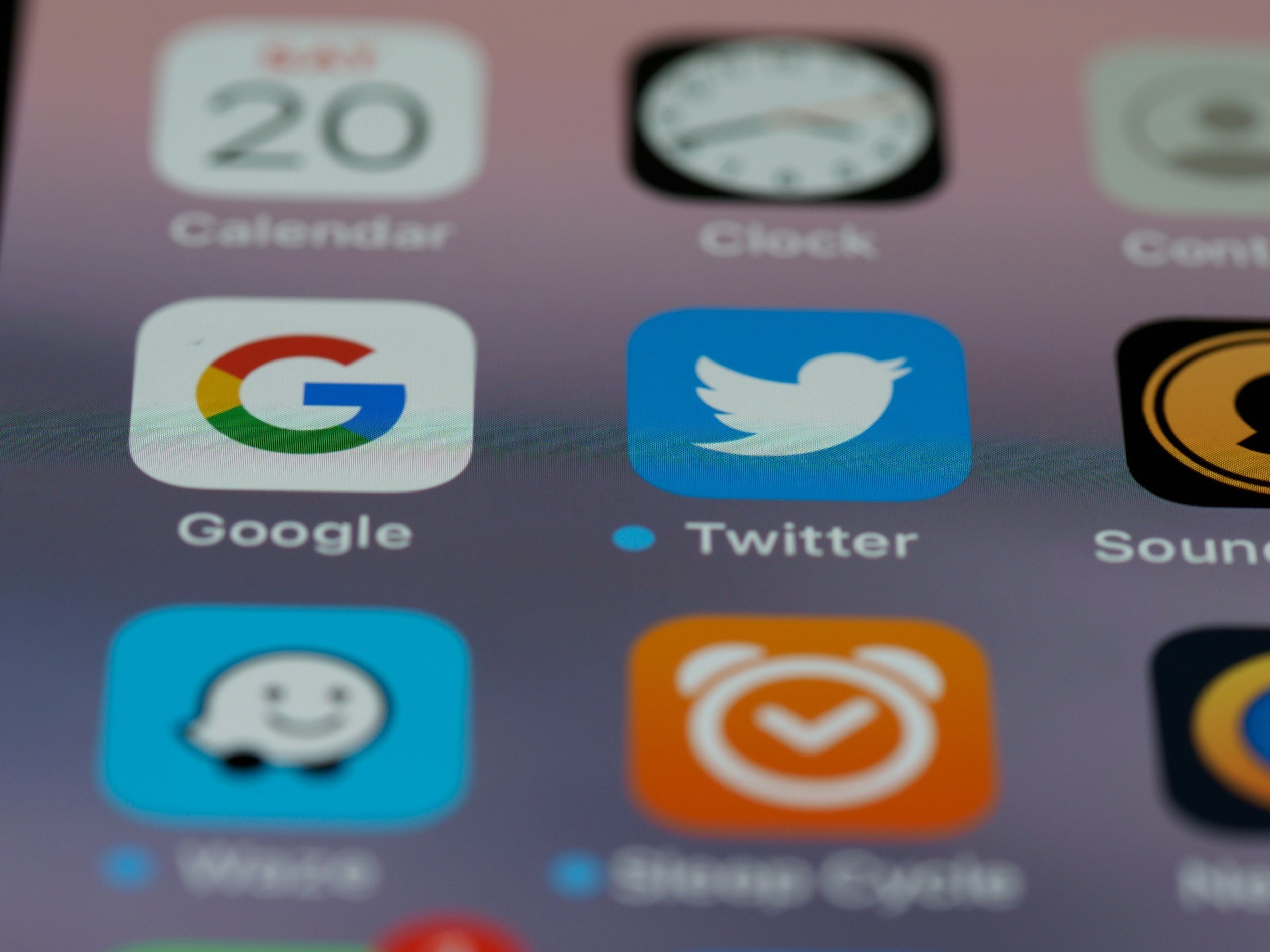How to Manage Anxiety in a Fast-Paced World
In today’s fast-paced world, anxiety has become a common struggle for many. The constant hustle, overflowing to-do lists, and the pressure to always be “on” can leave you feeling overwhelmed and mentally drained. But managing anxiety isn’t about eliminating stress altogether—it’s about finding healthy ways to cope and regain control. Let’s explore some practical tips to help you manage anxiety and create a sense of calm in the chaos.
1. Acknowledge Your Feelings Without Judgment
The first step to managing anxiety is recognizing it without judgment. It’s okay to feel anxious; it doesn’t make you weak or incapable. Acknowledge your feelings and give yourself permission to feel them. Journaling, talking to a friend, or simply saying out loud, “I feel anxious right now,” can be powerful in validating your emotions.
2. Practice Grounding Techniques
Grounding techniques are simple yet effective ways to bring you back to the present moment. Techniques such as the 5-4-3-2-1 method (identifying five things you can see, four things you can touch, three things you can hear, two things you can smell, and one thing you can taste) help divert your mind from anxious thoughts to your current environment. These exercises can quickly reduce anxiety and help you regain focus.
3. Set Boundaries with Your Time and Energy
ARE SETTING BOUNDARIES HARD FOR YOU?
One of the biggest anxiety triggers is the feeling of being stretched too thin. Learning to set boundaries with your time and energy is crucial. This might mean saying no to additional work, scheduling downtime in your calendar, or setting specific times to check your phone. Remember, it’s okay to protect your mental space.
4. Create a Daily Routine with Space for Self-Care
Routines can provide structure and reduce anxiety. Incorporate self-care activities like exercise, meditation, or reading into your day. Even 10 minutes of deep breathing or a short walk can help calm your nervous system. Creating a predictable routine can give you a sense of stability in an otherwise chaotic world.
5. Limit Your Exposure to News and Social Media
A study by the University of Pennsylvania found that limiting social media use to 30 minutes per day significantly reduced feelings of loneliness and depression. Participants who followed this guideline experienced better mental health compared to those who continued their usual habits. The research highlights that setting daily time limits on social media can improve well-being by reducing the negative effects of social comparison and passive scrolling.
Constant exposure to news and social media can heighten anxiety levels, especially when it’s filled with negative content. Set limits on your screen time, unfollow accounts that trigger you, and choose to engage with uplifting content instead. Be mindful of how what you consume affects your mental health.
6. Seek Professional Help When Needed
There’s no shame in seeking help when anxiety becomes overwhelming. Therapy can offer you tailored strategies to cope with anxiety, uncover underlying causes, and provide a safe space to process your feelings. As a therapist, I’ve seen firsthand how transformative it can be to have professional support in managing anxiety.
BOOK A SESSION
〰️
BOOK A SESSION 〰️
7. Practice Mindfulness and Gratitude
Mindfulness helps you stay present and reduces the impact of anxious thoughts. Try simple mindfulness exercises like focusing on your breath or paying attention to your surroundings without judgment. Pair this with gratitude practices—acknowledging the small, positive moments each day can shift your focus away from anxiety.
Final Thoughts
Managing anxiety in a fast-paced world is about finding small moments of calm amid the chaos. By setting boundaries, practicing grounding techniques, and seeking support when needed, you can take control of your mental health. Remember, it’s okay to slow down and prioritize your well-being.



